Blues music is a soulful genre. It has roots deeply embedded in the Black experience. Blues has long been a powerful expression of the struggles, joys and resilience of Black life in America. Originating in Mississippi and expanding through the South, blues is a melting pot of African rhythms, spirituals and work songs. The raw emotional depth and lyrical honesty of this genre made it a container for storytelling. This allowed Black female blues singers in particular to tell their stories of love, heartache and womanhood.
As it trickled out to the rest of the world, Black female blues singers broke boundaries and redefined the genre, establishing legacies that still influence music at large today. Here are nine iconic Black female blues singers who birthed the genre people know today.
Nina Simone

Often called the “High Priestess of Soul,” Nina Simone was blues embodied. As a classically trained pianist, singer and civil rights activist, her incomparable voice left a massive mark on the jazz and soul music landscapes. Her range was vast, from classical to gospel to blues. She made age-defining music that was deeply personal and political.
Simone infused her work with a profound sense of emotional depth. She never shied away from addressing themes of racial inequality, social injustice and the pain of Black womanhood. In fact, her iconic track “Mississippi Goddam” was in response to the 1963 bombing of a church in Birmingham, Alabama, which killed four African American girls. This song, along with others, placed Simone on a pedestal not just as a blues singer, but a political icon.
Simone’s complex musicality and unapologetic Blackness made her a trailblazer for all Black women in music. Effortlessly, she influenced generations of artists and redefined blues.
Bessie Smith
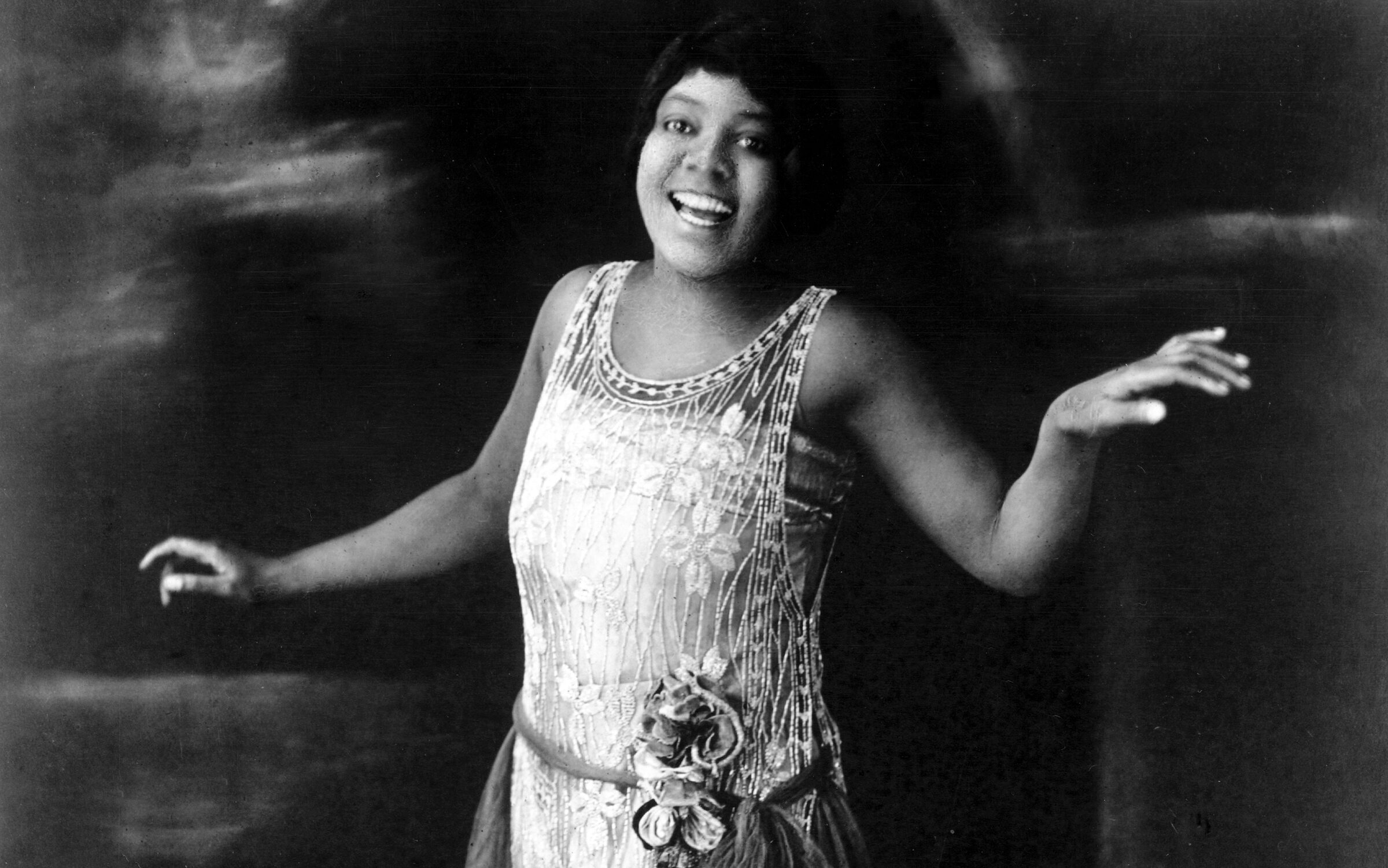
Bessie Smith stands as one of the most influential figures in blues history. Born in 1894, Smith rose to fame in the 1920s, eventually becoming the highest-paid Black artist of her time. Her deep, rich voice and commanding stage presence solidified her as an unparalleled force in the world of blues and jazz.
Smith’s contributions to the genre are immeasurable. She helped shape the sound of early blues with historic hits, like “Downhearted Blues,” “St. Louis Blues,” and “Nobody Knows You When You’re Down and Out.” These songs served as anthems for the working-class Black experience. Her emotional intensity and ability to convey deep pain and resilience set a standard for the blues singers who followed. Inducted into the Rock and Roll Hall of Fame in 1989, many regard her as one of the greatest singers of her era.
Ma Rainey
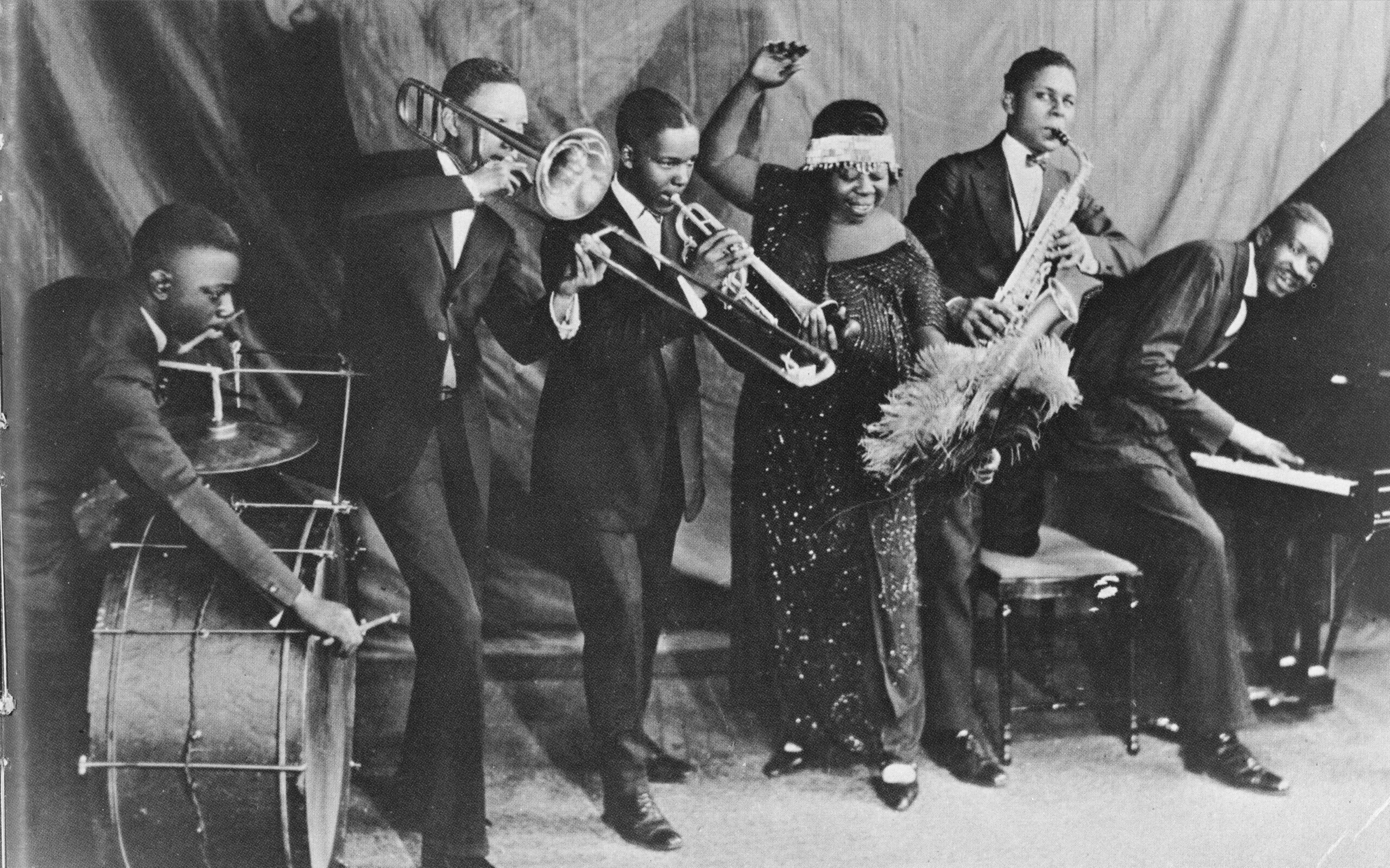
Commonly referred to as the “Mother of the Blues,” Ma Rainey was an important pioneer of blues music in the 1920s. Known for her larger-than-life stage persona, Rainey was one of the first blues singers to record commercially. She popularized blues across the United States.
Rainey’s work, including “See See Rider Blues” and “Prove It On Me Blues,” spoke to the lives and struggles of Black women. It explored the depths of their relationships with men, sexuality and personal autonomy. She was herself unapologetically, not straying from subjects that were often considered taboo. Her influence can still be felt. Many artists who followed drew from her bold, expressive vocal style and willingness to tackle the complexities of womanhood. She remains an iconic figure in American music history and was honored with the Grammy Lifetime Achievement Award.
Billie Holiday
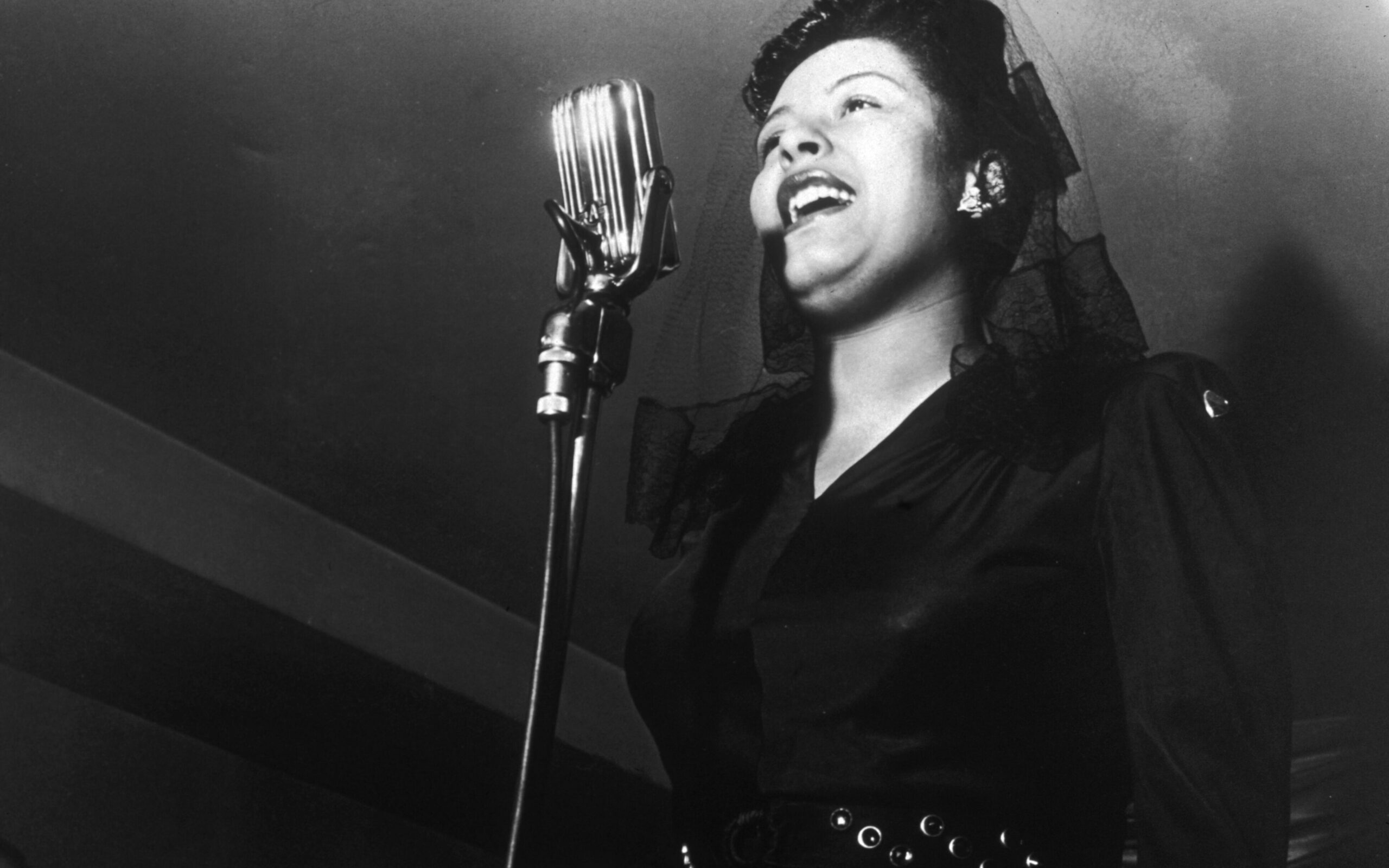
Billie Holiday, affectionately known as “Lady Day,” was a groundbreaking blues singer. Her voice brought a unique and heart-forward touch to the genre. Born in 1915, Holiday’s career spanned over three decades, during which she became one of the most influential and celebrated vocalists of the 20th century.
Surviving a turbulent childhood, Holiday began singing in nightclubs in Harlem, where she was discovered and signed. Holiday’s ability to imbue her songs with profound vulnerability and sorrow made her an iconic figure in the blues genre. Her renditions of songs, like “Strange Fruit,” a haunting telling of lynching, and “God Bless the Child,” which became an anthem for Black independence, displayed her ability to honor social justice with personal expression.
Holiday’s vocal nuances made her stand apart from her peers. Her contributions to the blues genre were revolutionary, paving the way for future generations of Black women in music to use their voices as both personal and political tools.
Etta James

Etta James’ iconic career spanned across blues, gospel, jazz and soul. Her rich, soulful voice made her a leading figure in the evolution of the blues. This was especially true as the genre began to blend with gospel in the 1950s and 1960s.
James’ most notable track, “At Last,” became a classic not just in the blues, but across all genres. Her raw renditions of songs, like “I’d Rather Go Blind” and “Tell Mama,” also helped establish her as one of the most dynamic and influential vocalists in American music. Her ability to deliver a song with visceral emotion and impeccable technique made her a true blues icon. Throughout her historical career, James won multiple Grammy Awards and became the figurehead for the blues genre.
Ella Fitzgerald
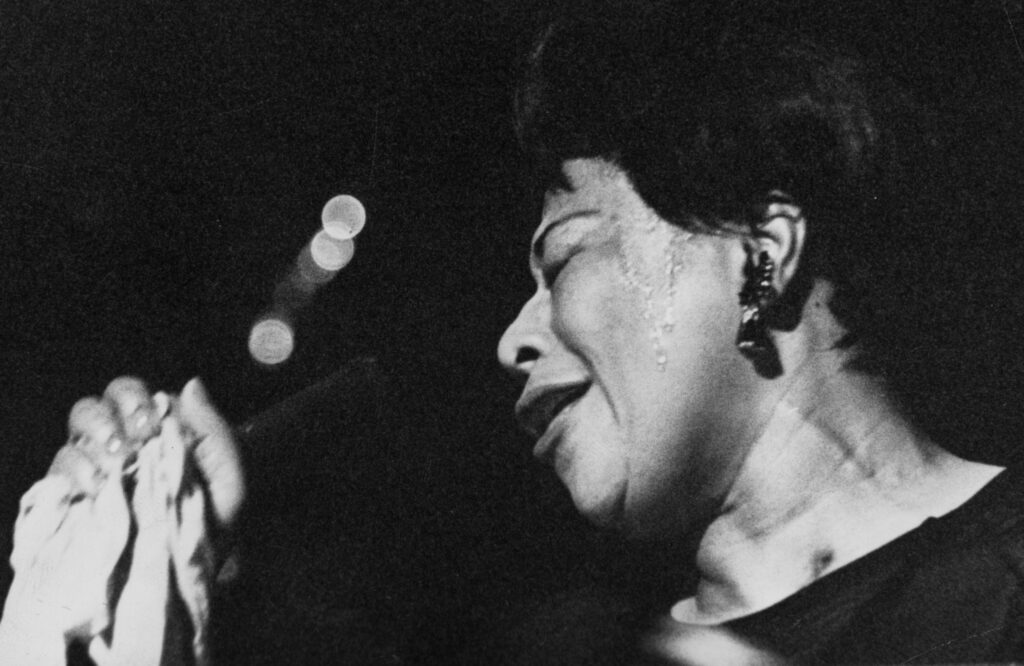
Though Ella Fitzgerald is mostly known for jazz work, her contributions to the blues cannot be understated. Fitzgerald’s voice was characterized by its purity, range and precision, making her a standout among peers.
Her work in blues was most prominent in covers of songs like “Blues in the Night.” Her ability to swing and improvise on a blues melody influenced many jazz and blues musicians who followed. Fitzgerald’s versatility in seamlessly integrating blues with jazz made her an incomparable figure in American music history.
Big Mama Thornton

There’s no one quite as iconic as Big Mama Thornton. A trailblazer who helped shape blues rock, the Alabama-born songstress’ booming voice made her a star in the 1950s. She is best remembered for her hit song “Hound Dog,” which Elvis Presley would later famously cover.
Thornton’s version of “Hound Dog” was raw and gritty, showcasing her fierce vocal style. Beyond this hit, Thornton’s contributions to blues also included songs like “Ball and Chain,” which was later popularized by Janis Joplin. Thornton’s expansive persona and distinct vocal style made her one of the most important figures in the history of blues.
Sister Rosetta Tharpe

Sister Rosetta Tharpe is considered the godmother of rock ‘n’ roll, but her influence as a Black female blues singer is just as significant. Known for her electrifying guitar playing and soulful voice, Tharpe blended gospel with blues, birthing a sound that was revolutionary for its time.
Tharpe’s mastery of guitar and her emotionally charged performances on songs like “This Train” and “Up Above My Head” made her a key figure in shaping the sound of blues. Her pioneering fusion of gospel and soul inspired artists like Elvis Presley and Johnny Cash.
Aretha Franklin
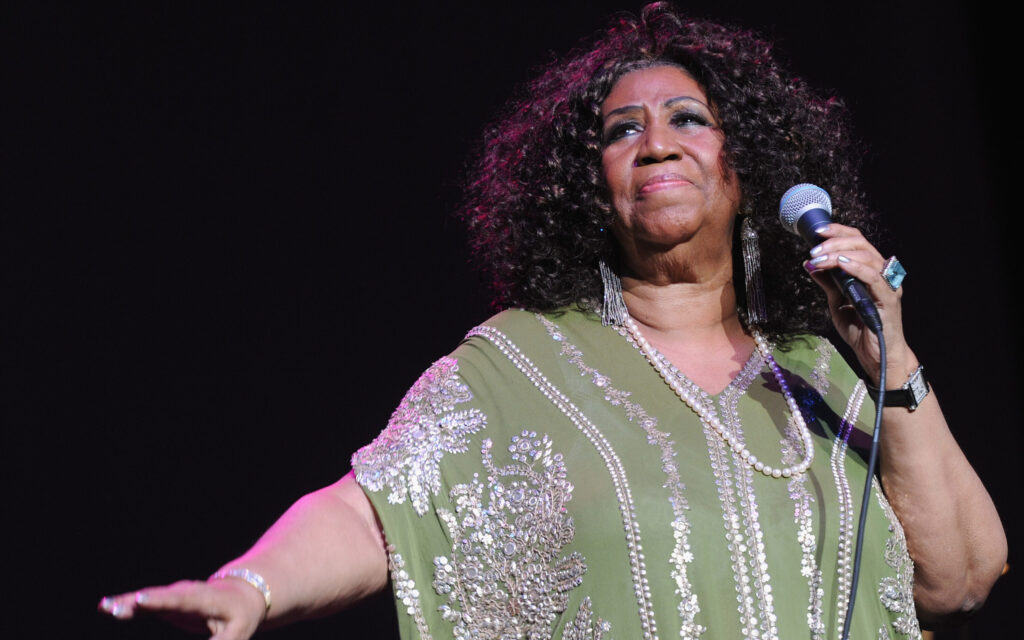
Known as the “Queen of Soul,” Aretha Franklin was one of the most influential musicians in the history of music. Though she is most famous for her contributions to soul, her deep roots in gospel and blues allowed her to deepen the emotional power in her music.
Her iconic songs, including “Respect” and “A Natural Woman,” were anthems of empowerment. They also built on the foundational structures of blues. Franklin’s vocal control, deep range and lyrical ability reshaped what it meant to be a Black female blues singer.